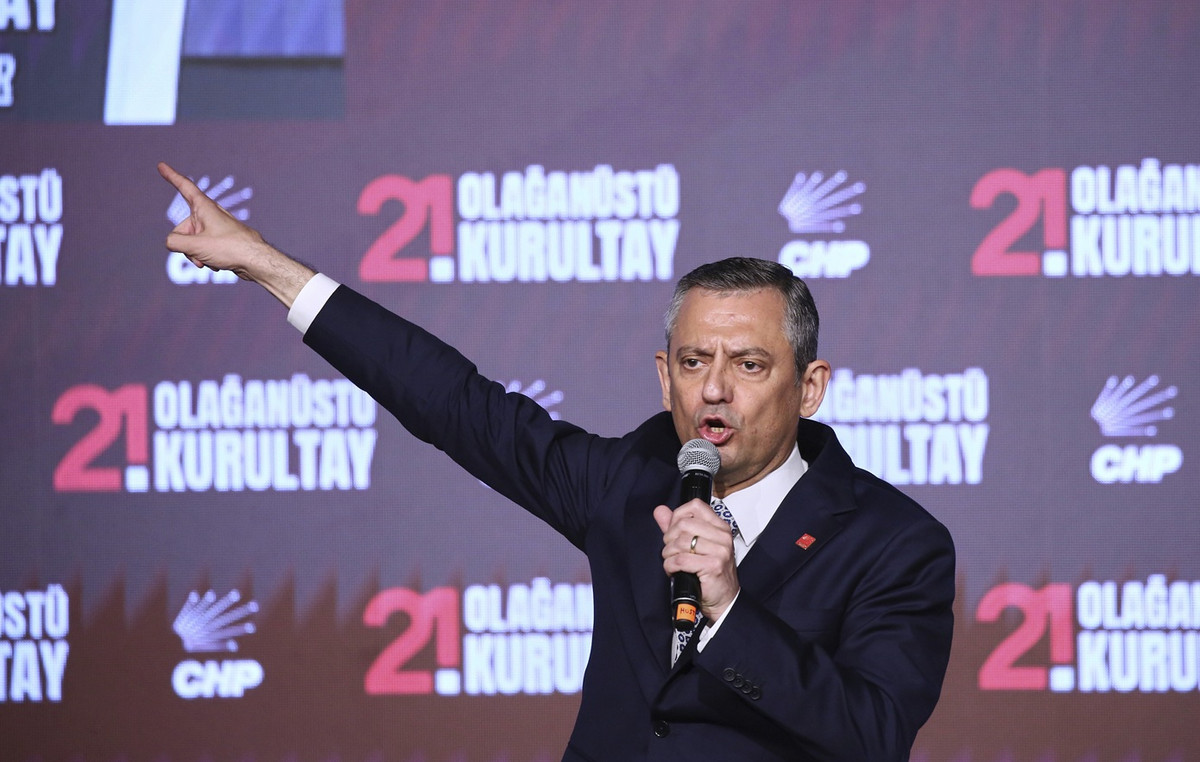Cumulative growth of 11.7% for 2021 and 2022 is foreseen by the 2022 budget that was submitted to the Parliament a few hours ago. With this performance, the Greek economy at the end of next year will have a net GDP growth of 1.7% compared to 2019.
The Ministry of Finance in a relevant announcement notes the following: Although the 2022 Budget is prepared, for the second consecutive year, under the regime of uncertainty caused by the global health crisis and although the current international price developments are an additional factor of uncertainty, they have already recorded positive macroeconomic results, following the gradual decline of the direct economic effects of the pandemic crisis. For this purpose, the growth rate for the year 2021 is revised significantly upwards, from 3.6% provided in the MTEF 2022-2025 and 6.1% in the preliminary draft Budget 2022, to 6.9%. This means that in relation to the recession of 9.0% observed in 2020, the economy has already covered more than two thirds of the lost domestic product, even in a year when in the first half of the year there were still significant restrictive measures in the exercise of economic activity.
In addition, the cumulative growth of the years 2021-2022 increases to 11.7%, 1.6% higher than the forecasts in the MTEF 2022-2025, signaling that in the year 2022 is not only expected to restore the level of domestic product 2019, but this to increase further, by 1.7%. A characteristic and structural element of the economic growth that is already in progress, is the significant reduction of the unemployment rate, from 16.5% in September 2020, to 13% in September 2021.
The above result is obviously not only due to the lifting of restrictive health measures, but to a large extent to the unprecedented amount of financial assistance to households and businesses exceeding € 43 billion in cash, and € 31 billion in budget, over the period 2020-2022. At the same time, cash remains at a safe level, while boosting economic growth with the additional resources of the National Recovery and Resilience Plan “Greece 2.0”, significantly reduces the long-term fiscal consequences of the pandemic, and ensures the de-escalation of public debt. , as a percentage of GDP, in the coming years.
The plethora of interventions, which include more than 70 categories of measures, many of which were renewed and strengthened on a monthly basis, managed to support the country’s economic activity, so that it is ready to make the leap of growth in the post-coronary era. Also, the competitiveness of the economy is strengthened and the country is upgraded, despite the forced burden of public debt – as was done across Europe – during the pandemic. This is the result of the implementation of a coherent and comprehensive reform plan, in all areas of the public sphere, the difficulty of which during and under the constraints of the pandemic, did not hinder its rapid and effective progress.
The new era of strong and sustainable growth marks the shift to a more extroverted, competitive and green economic model, to a more efficient state, with less bureaucracy, digitally upgraded, drastically reduced informal economy, a growth-friendly tax system and a more resilient social “protection net. At the same time, further reductions in unemployment, combined with incentives for a significant shift in economic activity from the undeclared to the “white” economy, which is a central goal of economic policy, are expected to lead to a resurgence in demand on the labor market. and a gradual increase in wages.
Greece, having new financial tools available, including the Recovery and Resilience Fund and the NSRF 2021-2027, is ready for the transition to a new era, which combines economic efficiency with social cohesion and justice. The series of pioneering interventions in the direction of strengthening employment, productive economy and the new generation, signal the direction of the present Budget towards the future and the prosperity of the country.
The debate ends on 18 December
The budget for the financial year 2022 was delivered in digital form to the Speaker of Parliament, Konstantinos Tassoulas by the Minister of Finance, Christos Staikouras.
The Speaker of Parliament announced that the debate on the state budget in the competent Standing Committee on Economic Affairs of the Parliament will be held in four consecutive sessions, from Tuesday, November 23 to Friday, November 26, 2021.
Subsequently, the debate in the Plenary, according to article 123 paragraph 1 of the Rules of Procedure of the Parliament, will begin on December 14 and will end on December 18 at midnight with its vote, after a roll call vote.
See the Introductory Report in the right column “Related Files”
.
Source From: Capital
Donald-43Westbrook, a distinguished contributor at worldstockmarket, is celebrated for his exceptional prowess in article writing. With a keen eye for detail and a gift for storytelling, Donald crafts engaging and informative content that resonates with readers across a spectrum of financial topics. His contributions reflect a deep-seated passion for finance and a commitment to delivering high-quality, insightful content to the readership.







